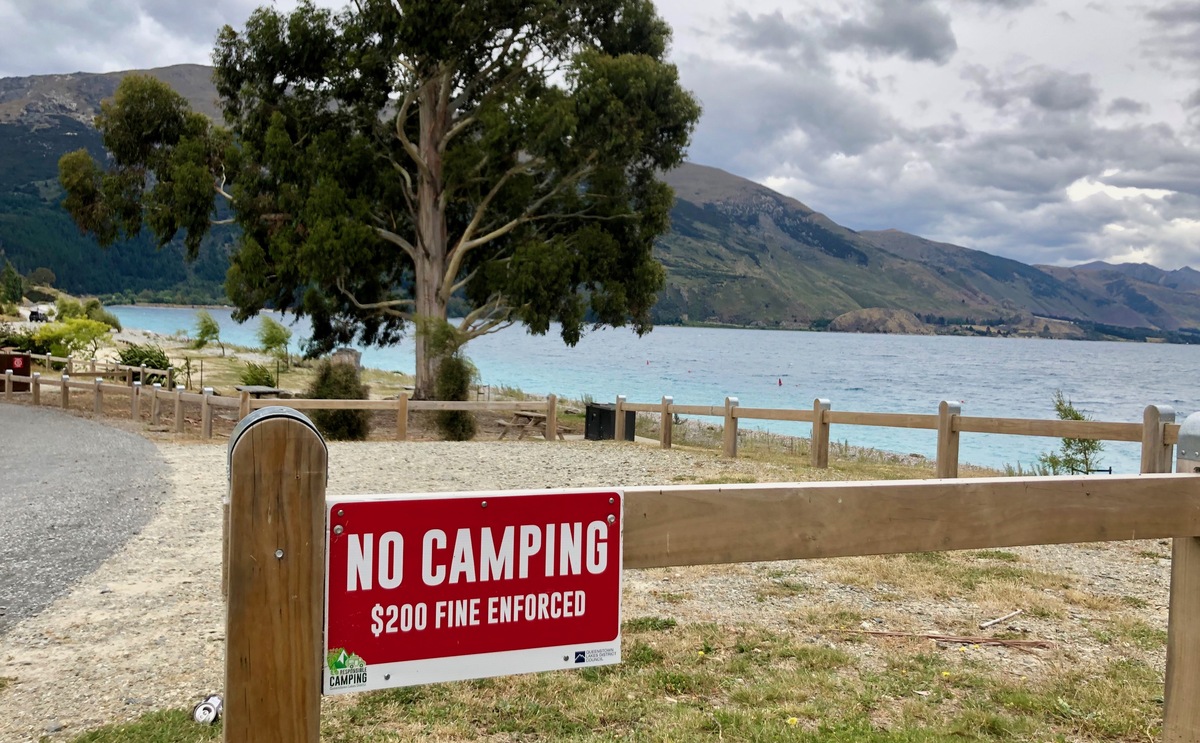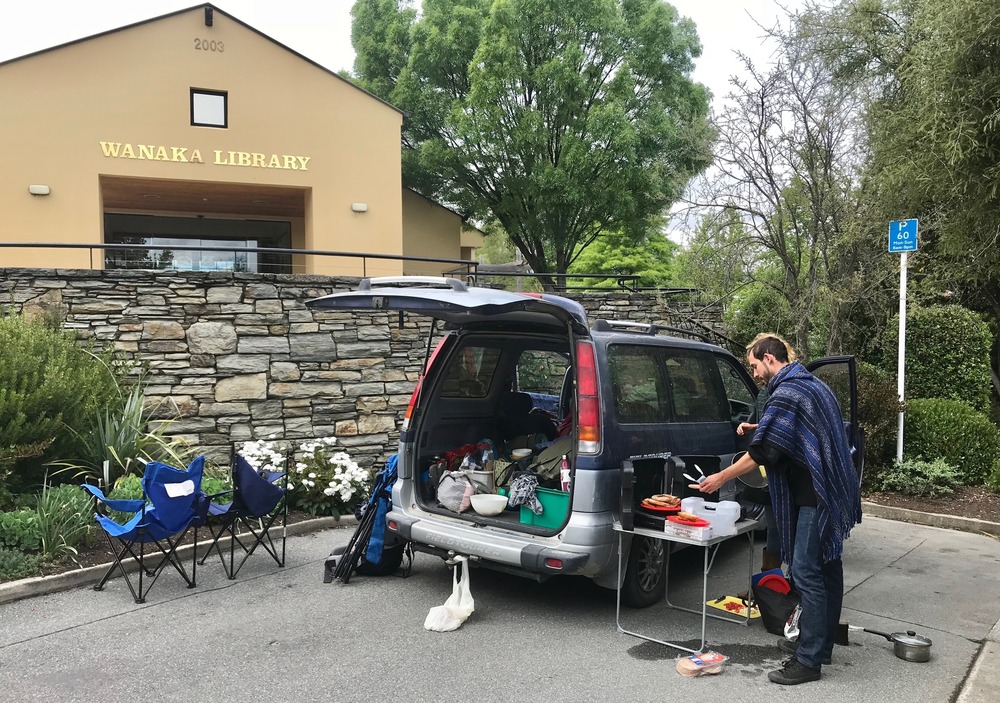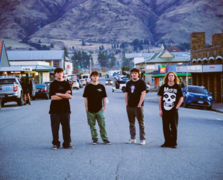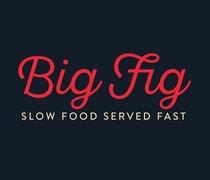What now for freedom camping?
Diana Cocks
02 October 2024, 4:06 PM
 Traffic and parking rules still apply and will continue to be used to restrict freedom camping, QLDC CEO Mike Theelen said.
Traffic and parking rules still apply and will continue to be used to restrict freedom camping, QLDC CEO Mike Theelen said.With the bombshell news the council’s Freedom Camping Bylaw is invalid, what does this mean for freedom campers and how will locals be affected?
Last week a High Court judicial review ruled the Queenstown Lakes District’s Freedom Camping Bylaw 2021 was invalid, removing the restrictions governing freedom campers in our district - in particular where they could camp.
Read more: Council’s freedom camping bylaw ruled invalid
The council is working on a new bylaw, but this will require further community consultation and is likely to take nine months to produce.
Meanwhile, council staff plan to produce new information, and public signs to reassure locals that freedom campers won’t be taking over public areas widely used by locals to access lakes and rivers.
Queenstown Lakes District Council (QLDC) chief executive Mike Theelen told the Wānaka App although the bylaw’s restrictions have been lifted, traffic and parking rules still apply as do recreational reserve management plans which will continue to restrict freedom camping.
“We can’t guarantee that all freedom campers will do the right thing. However ... public reserves have specific restrictions on temporary and permanent accommodation under the law and …these restrictions still apply,” he said.
This means freedom camping will still not be permitted in popular areas such as at Eely Point, or on the Roys Bay or Waterfall Creek foreshores, or beside the Clutha River at the Outlet.
“If problems arise in a particular area then council will consider what restrictions and/or enforcement tools it can use on a case-by-case basis,” Mike said.
“As we have done in previous years, QLDC will employ summer ambassadors to provide visitor education alongside increased enforcement.”
The bylaw challenge
The Freedom Camping Bylaw gave QLDC the ability to manage freedom camping with specific rules, restrictions and enforcement actions.
Mike said the bylaw sought to balance national legislation with the needs and expectations of campers and local communities.

The “inconsiderate actions” of many freedom campers was one impetus for the Freedom Camping Bylaw.
“We have consulted extensively with our community on this contentious topic and received strong feedback that the inconsiderate actions of so many freedom campers created a very negative experience for locals and other visitors alike.”
The New Zealand Motor Home Association (NZMCA) challenged the bylaw on the grounds it had paid too much attention to “irrelevant” issues, such as the effect of freedom camping on neighbouring areas (such as the dumping of rubbish and waste affecting neighbouring land and streams), and that it was too restrictive.
The High Court judge agreed with the NZMCA.
On social media the NZMCA declared the QLDC had “jumped the gun” by advising its ratepayers the bylaw was no longer enforceable, saying the council still had an opportunity to make a submission to the court, as the final outcome from the court’s ruling is yet to be determined.
Mike said the court made its final declaration that the bylaw was invalid.
“Given the high level of public interest in this topic, it was important for us to share the news with our community straight away,” he said.
The court has also said that parties are to file submissions “as to any additional relief that should be granted”, which relates to things like when the decision will take legal effect, but the court will not change its declaration, Mike said.
NZMCA has been unhappy with QLDC’s camping bylaw for years. The group considered a judicial challenge during the previous bylaw review in 2019 but withdrew it.
NZMCA was approached for comment but has not responded to the Wānaka App.
Next steps
QLDC already has work underway to develop a new bylaw to manage freedom camping, and Mike said consultation will take place in the first half of 2025.
The court has been asked to clarify when the bylaw’s invalidation takes effect. This will decide if the council has to refund any fines issued since 2021 when the bylaw was adopted.
QLDC also needs to consider if there are any legal grounds to appeal the decision. Council has said it would only appeal if, after analysing the decision, there appeared to be a clear error of law, and if correcting it justifies the costs of an appeal.
In the meantime, QLDC plans to review its signage and maps; and publish additional information to explain to freedom campers and locals how existing restrictions (separate from the bylaw) will still apply.
Council will continue to promote its responsible camping education programme which includes ensuring campervans must be certified self-contained, with a toilet and enough fresh and wastewater storage for three days without getting more or dumping waste, as well as defining the number of people allowed to sleep in the van.
It will also employ “summer ambassadors” in popular freedom camping spots to promote local campgrounds, and advise freedom campers of their responsibilities not to damage or spoil the local environment, or interfere with public access.
“Freedom campers are encouraged to read and understand any rules or restrictions and local community expectations for responsible camping,” the council said.
PHOTOS: Wānaka App







